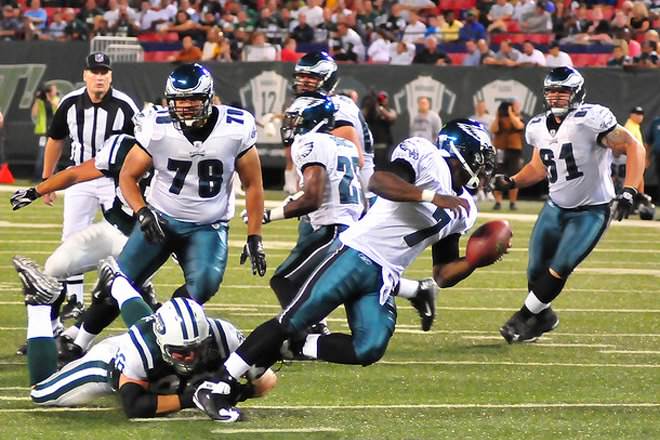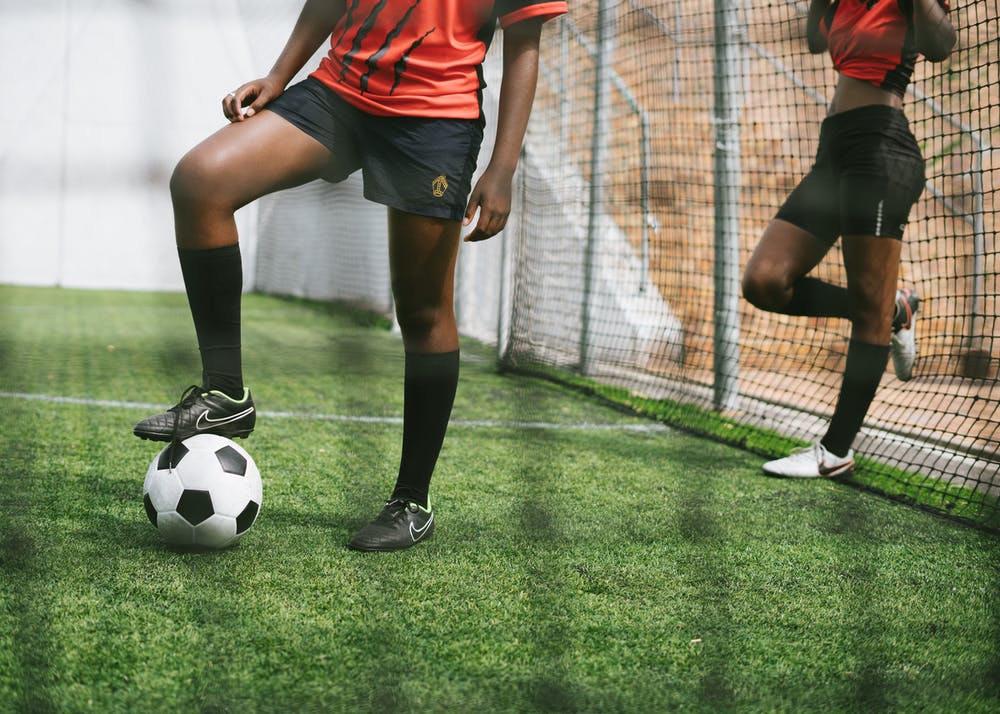
Props are an important part of rugby. They are vital to the success of a team and can take some heavy beatings. Props aren't the fastest on the field but their presence can make a difference. If you want to become a prop, you'll need to develop great strength and power.
Props should not only be strong, but also capable of performing a wide range of tasks. Some of these tasks include carrying, securing, and passing. Props should be capable of performing specialized tasks for their role and also have the ability to work together with other forwards.
Props are often the largest players on a rugby side. They are also the only players that are directly faced off against their opponents, which requires more than just size and speed. Props need strength, power, and the ability to make use of their size.

The ability to carry a weight is perhaps the most remarkable feature of a prop rugby. Props can carry the ball on one shoulder and use their weight for winning the ball. Props are big men who help keep the scrums going.
Another feat is that props are unable to leap as high as their flankers. Props must learn how to use their height. Props can also use shorter leg extensions to support their base.
Props can also be used to perform a variety of tricks in scrum. A prop might be capable of using a sidestep to pass a ball to an ally. Similarly, a prop might be able to perform a snagging motion to secure the ball from an opponent.
Apart from their special roles, props' most important task in a team is to make the front row work together. Props are crucial in helping to secure the lineout, break through lineouts and lift a rugby lock.

Props have the advantage of being able to take the ball into the scrum, and if they can do so, they will often score an offload. Props can also help hookers with soft swinging motions of their feet.
Props are an important part of the sport and should be trained properly. Investing in a good workout program and diet can help props to reach their full potential.
Props should also encouraged to lift heavyweights like overhead presses, bench press, and chin raises. Be careful not to overdo it during the season. This could lead to injury and a shorter season. The Zercher exercise should be required for all players. This variation of Farmer's Walk is a great way increase mental toughness as well as anaerobic strength.
FAQ
How long does it take to learn how to ski or snowboard?
You might not be able learn how to snowboard right away.
Most people begin learning about five years ago. Some kids begin practicing at two years of age.
What skills is required to participate in extreme sports
To become proficient in any extreme sport, you must practice every day.
Practice includes learning new moves and tricks. You will improve your performance by doing this.
Before trying to do anything new, you must be familiar with basic safety rules.
Helmets are a good example of protective gear that you should wear. Keep your distance from others.
A spotter is essential for any stunt. During your stunt, a spotter will be there to watch over you.
Extreme sports are dangerous.
There are many situations that could occur when you take part in extreme sports. It could be a fall from cliffs, an injury, or even being caught on camera by the media.
You can avoid problems if these risks are known and you take preventive measures.
It is enough to have the correct equipment and to know how to use it.
If you get hurt while participating on an extreme sport, someone will be there to assist you. If you are injured, you will receive medical treatment.
Sometimes injuries can happen without warning. Sometimes, it's because of poor judgment.
One example is climbing too close the cliff edge to avoid slipping over it. Hypothermia can also occur if you plunge into icy waters.
Other times, accidents occur because of mistakes made by others. In some cases, injuries can be caused accidentally by other parties.
And sometimes, accidents occur because of bad luck. One example is that you might be struck by a rock while you're falling. You could also be struck or struck by lightning.
Who takes part in extreme sports?
Anyone who wants to try something new can take part in extreme sports. You can choose to learn more about the sport or compete with other people.
There are many options for activities. Some involve jumping from a high cliff. Some involve long distance riding on a bicycle. Others include skiing or snowboarding.
Some extreme sports require specialized skills. For example, skydiving requires training before you attempt to jump out of an airplane. Parachuting also needs practice.
Young people love extreme sports. These sports can be enjoyed as a way of enjoying nature. They are very popular among athletes who practice hard to improve performance.
Statistics
- Nearly 40% of all mountain bikers have at least graduated from college. (momsteam.com)
- Nearly 98% of all "frequent" roller hockey participants (those who play 25+ days/year) are male. (momsteam.com)
- Based on the degree of difficulty, the routine is scored on form and technique (50 percent), takeoff and height (20 percent), and landing (30 percent). (britannica.com)
- Since 1998, overall participation has grown nearly 25% - from 5.2 million in 1998 to 6.5 million in 2004. (momsteam.com)
- Approximately 50% of all wakeboarders have been participating in the sport for 1-3 years. (momsteam.com)
External Links
How To
What are the best ways to learn parkour?
Parkour is a free running technique where people run through obstacles such as walls, buildings, fences, trees, etc. It's a very popular sport, with millions participating around the world. There are many types of parkour, including wall climbing, obstacle course and freestyle.
Any activity that increases your health and physical fitness can be called fitness. This could include going to the gym, exercising cardio, or simply walking. Parkour can be considered a sport, as it requires parkour athletes to use their strength, speed and coordination.
Here are some tips and tricks for those who wish to learn parkour.
-
You should choose a spot that doesn't have stairs or places that could inflict injury. Flat ground is best, so avoid hills. However, if you have the ability to climb up a tree then do so.
-
Shoes made from leather, rubber, or leather should be worn. If you're not sure what shoe will work best for your feet, feel free to try them all. You can make or break your parkour session by choosing the right shoes.
-
To keep hydrated during practice sessions, bring water bottles and snacks.
-
Before you begin a parkour lesson, it is important to warm up. This means you should warm up your muscles before jumping into the action. Slowly increase intensity until you feel your muscles are fully warm.
-
Do not rely too much on your arms and legs when jumping. Instead, concentrate on your core muscles and back muscles to help you get past obstacles.
-
Do not push yourself too hard. Instead, take breaks from time to time. This allows you to recover quickly from the exercise without getting injured.
-
Listen to music while practicing parkour. Music can help you relax and focus better.
-
Stretch your muscles and joints after each session to prevent injury.
-
Do not forget to clean up after your self, especially if you are doing so in public. You will not endanger someone else.
-
You can keep track of your progress by keeping a log. This will help you remember your strengths, and your weaknesses.
-
Parkour is meant to be enjoyed. You should enjoy the process, and not let fear of falling hold your back. Take a step back if you do fall.
-
Everyday, you learn new tricks and techniques.
-
You should eat healthy foods. Consuming a high-protein diet will allow you to gain muscle mass more quickly.
-
Find a mentor. Mentors usually teach you how to make certain moves, and they also advise you about improving your skills.
-
Don't be afraid to ask questions. You will find fellow enthusiasts love to learn new things. If you have any questions, don't be afraid to ask!
-
Practice makes perfect. Get out there and train as often as you can.
-
Have fun!
-
Last but not less, remain safe!